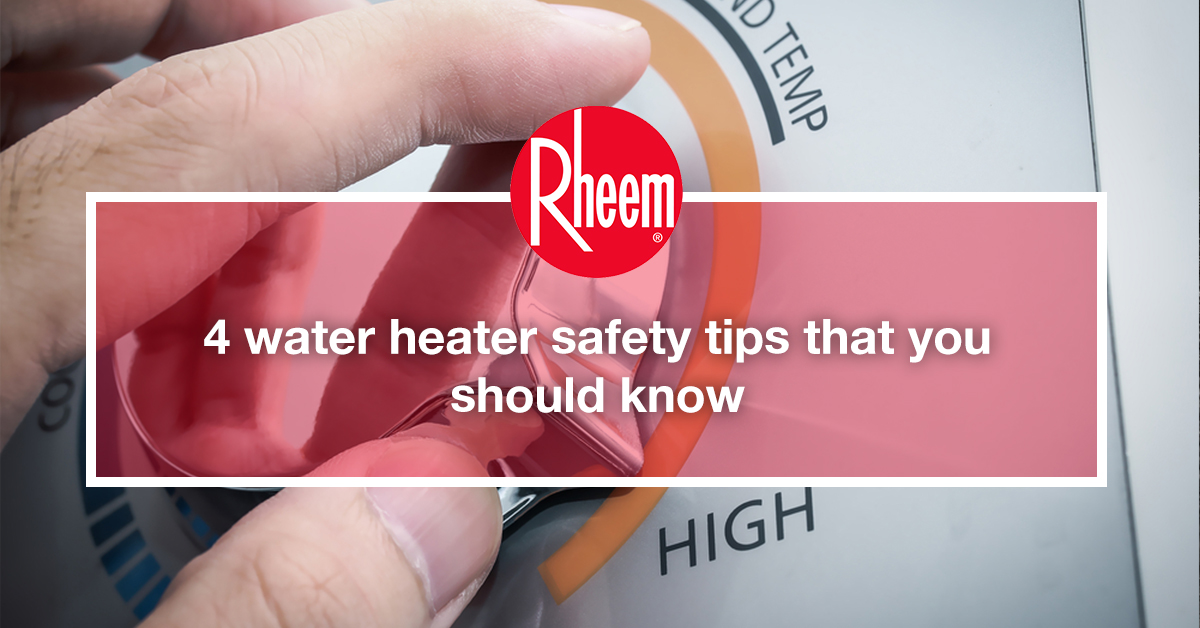
Have you ever heard of the myth that unkempt water heaters can rocket through your roof and up in the air?
This dangerous myth has been featured and tested by MythBusters to be true (see below).
This is just one of the many examples of how bad things could turn out to be if you don’t regularly check for any signs of defect from your existing storage water heater at home. What are the signs that you should be looking out for?
Here are four simple tips to make sure your storage water heater functions like clockwork at home:
While hot water provides comfort and relaxation, scalding hot water is another story altogether. Regularly check your water heater’s temperature settings to avoid accidents, especially if you have young children in your home. Keep your tank-based water heater at about 120 degrees Fahrenheit (49 degrees Celsius) temperature so that the water in the storage tank remains warm for use, but not too hot that it burns. Also, remember to mix hot water with cold water to avoid scalding yourself. We recommend mixing one part hot water with two parts of cold or room temperature water. A good rule to follow would be to always test the water temperature with your hand first before stepping into the showers.
An essential part of storage water heaters, the temperature/pressure (T&P) relief valve is designed to prevent your water heater from exploding when either the temperature or pressure reaches a critical point. Most water heaters come with a pre-installed T&P valve, and it is essential for you to regularly check it by lifting the lever up at least once every six months to release built-up pressure from within your tank. A well-running T&P relief valve should be dripping water. If no water is dripping from your T&P valve, you may have a dysfunctional valve. To prevent further damage or any accidents, contact your plumber or water heater provider immediately.
A Residual Current Circuit Breaker or RCCB is the safety component that detects abnormally high voltage usage. In cases where your RCCB detects any signs of abnormal circumstances like a sudden current leakage, it will proceed to disrupt electrical power to prevent and protect your home from danger.
In line with this, it is essential for home owners to regularly check and ensure that the RCCB is working properly to provide overall electrical protection for your home.
One important thing to also observe when using storage water heaters is that you have to make sure that it is filled before turning it on.
Turning on the water heater with an empty storage tank can instantly burn out your storage water heater’s heating element, which may result in a wrecked storage water heater.
Here’s a quick preview of the dangers of dry-firing:
Apart from regularly checking your water heater, it is also essential to invest in quality storage water heaters like Rheem. Known to provide innovative and sustainable water heating solutions for home and commercial usage alike, Rheem continues to deliver advanced comfort, savings and experience to our customers all over the world.
To know more about storage water heaters, visit us here.
Subscribe

At Rheem, we strive to innovate
best-in-class products to lead the industry
in
environmental improvements.
Sustainability

